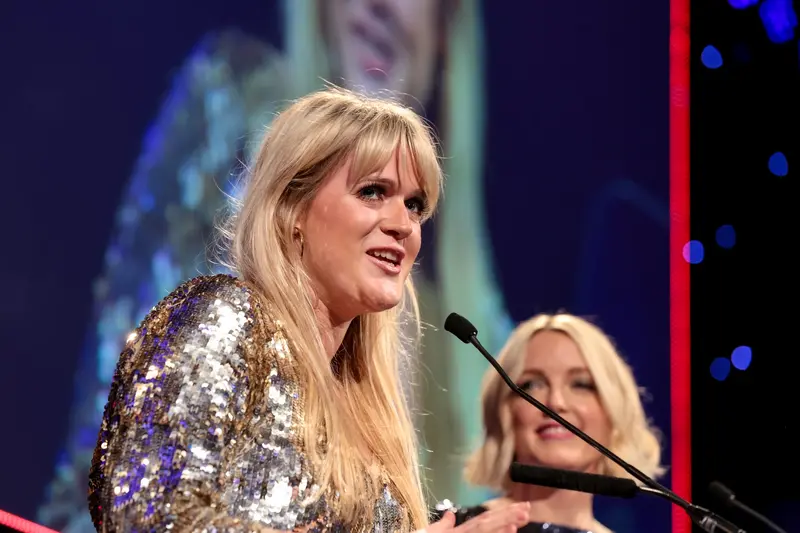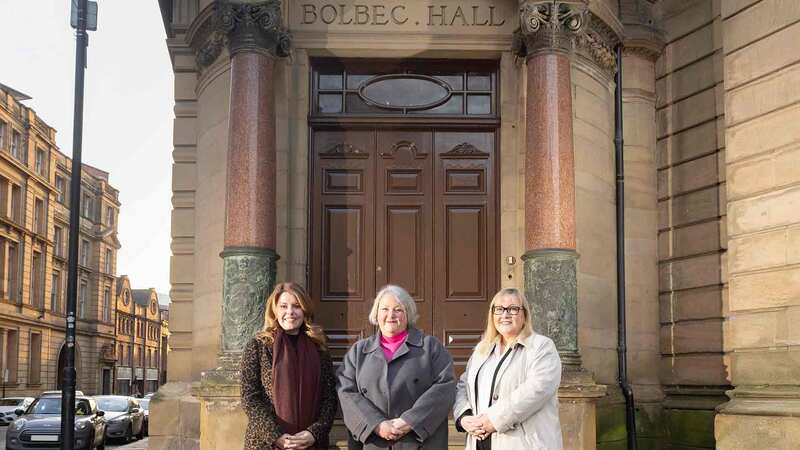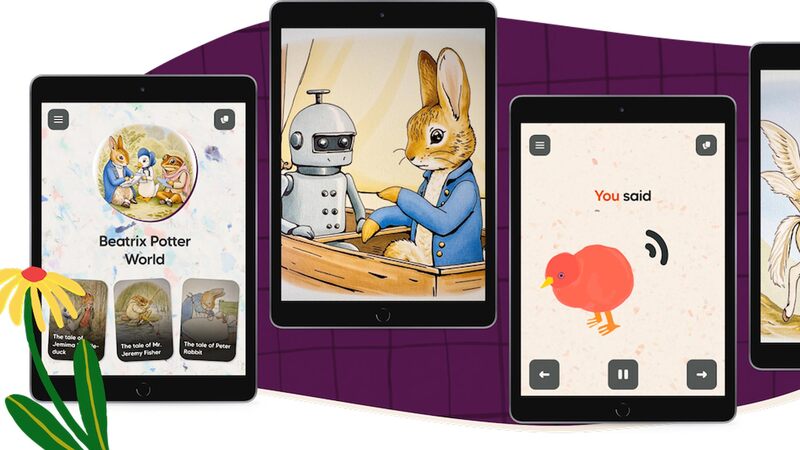You are viewing your 1 free article this month. Login to read more articles.
State school children miss out on author visits, NLT report reveals
Writers say a lack of funding and cuts to libraries mean children from disadvantaged backgrounds are missing out when it comes to school visits, after a new report shows that independent schools are far more likely to have welcomed an author in the past year than state schools.
Around twice as many children and young people attending independent schools (54.7%) reported having had a writer visit than children and young people attending other schools, according to the report, released today (Wednesday 26th June) from the National Literacy Trust (NLT).
Children who experienced a writer visit had higher reading levels than those who hadn’t (with 68.2% expressing enjoyment versus 47.4%), as well as higher writing enjoyment (43.9% versus 32.5%).
In addition 36.2% of children who had taken part in a writer visit read every day, compared to 22% of those who hadn’t, and they were more likely to say they were confident in their reading (36.8% versus 25%).
In total, 61% of schools had an author visit them in the past year but this varied hugely when it came to the type of school, as 84% of independent schools surveyed had welcomed an author, compared to 62% of local authority schools and 58% of academies. Only 11% of special schools surveyed said they had been visited by an author or poet.
Christina Clark and Fay Lant, who wrote the report, said: “What is concerning is the disparity between the children who have access to this opportunity, with the most privileged children much more likely to work with a professional writer than their peers in state-run schools.”
Several authors who spoke to The Bookseller said it was vital for writers to visit all types of school but many pointed out that teachers are working with severely reduced budgets.
“The pressure on budgets means that schools will often try to get an author to work for free or low fees but that’s unfair, as most authors struggle to earn a living and school events are exhausting,” said Nicola Morgan.
Steve Feasey said he used to do lots of free events for students from disadvantaged backgrounds but has to “eat these days”, while Kathryn Evans said teaching staff might be run ragged getting the basics done, making the thought of organising an author visit too much.
Julia Green said there are fewer school libraries and librarians now and that schools need the know-how a librarian provides, as well as the funds.
Some authors try to get around the problem by for example offering free or discounted events, and Julie Mayhew asks private schools to invite a local state school to join in, and others say more could be done to get funding from external sources.
Joanna Hughes, co-ordinator of Shrewsbury BookFest, launched a six-month primary school project this year, which involved author visits and a writing competition. Schools were charged £10 per head and the rest of the money was sourced from trusts and foundations. “There is money out there even though it is difficult to get,” she said.
However, several of the authors who spoke to The Bookseller said their visits made a greater impact in state schools. James Nichol said there is “much better engagement” from staff and pupils in state establishments, while Green said: “Private schools have so many author visits they don’t have the same impact.”
Evans agreed, saying: “I’ve been in some really challenging schools, my own old school being a prime example. Some of the most rewarding visits I’ve done have had tricky starts that we’ve turned around and gone on to have a really good day.”
The NLT is working with the Authors' Licensing and Collecting Society (ALCS) to give children from disadvantaged communities more opportunities to meet authors. It has created a free ‘digital poet in residence’ resource primary schools and is opening nominations for the Ruth Rendell Award 2019, which celebrates authors and writers who champion literacy.
Publishers, booksellers, libraries, schools and charities can nominate an author online.
The report was compiled from two sets of data: the NLT Annual Literacy Survey of 56,905 children and young people, conducted between January and March; and a survey commissioned by the Great School Library Campaign of 1,750 schools in England, Wales and Northern Ireland and conducted in February and March.













